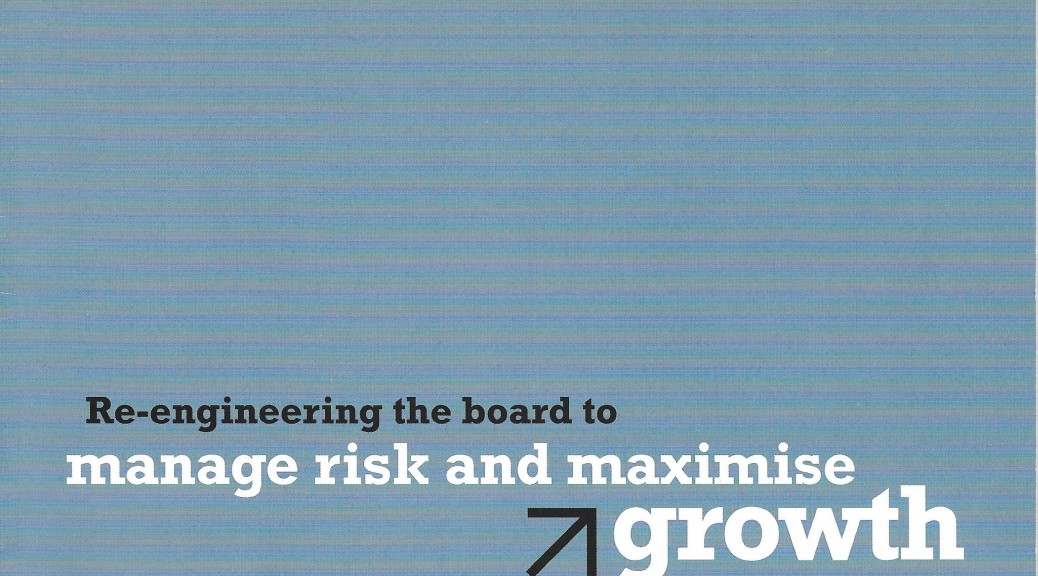Engineers are not widely recognised as business leaders yet new research commissioned for the Sainsbury Management Fellows’ Society (SMF) reveals that engineers are now represented on the boards of almost 60% of FTSE100 companies. The research, conducted by EngineeringUK, also showed that almost 15% of FTSE100 executive board members have an engineering degree. This increases the diversity of skills on the board.
SMF, which is celebrating its 25th anniversary, helps UK engineers develop into industry leaders by providing MBA scholarships that equip them with the skills to take board positions.
In 1987, Lord Sainsbury, one of the UK’s leading philanthropists, created the Sainsbury Management Fellowship Scheme to increase the quantity and quality of senior executives with engineering qualifications at the top of UK organisations. SMF now has 300 Fellows, including directors and c-level executives at major organisations such as DTZ, Deutsche Bank, AECOM Europe and Jersey Electricity.
David Falzani, President of The Sainsbury Management Fellows explained SMFs’ work: “Every year SMF awards 10 scholarships to talented young engineers to study at world class business schools. Today, sixty of these Fellows have built successful businesses in heavy engineering and manufacturing, biotechnology, green technology, wireless/telecoms and internet sectors. Other Fellows hold senior management posts and multiple non executive directorships. One hundred of them work for FTSE companies, and 15 are directors of FTSE 100 companies.
“This is an excellent start, however, we must continue to build on this number to ensure that more engineers sit at board tables and make key decisions. Engineers with management and business qualifications offer businesses an invaluable blend of skills. They make a real difference to the performance of companies and help our economy to grow.”
At the recent annual dinner of The Sainsbury Management Fellows, Lord Sainsbury said: “Science and technology are vital to the country’s economic future. The Government is now strongly supporting the setting up of University Technical Colleges. Also, as a result of the setting up of the STEM ambassadors scheme, the STEM Clubs, the Big Bang Fair and the revival of GCSE triple science in England, there has been a dramatic increase in the number of young people doing ‘A’ level STEM subjects. Between 2006 and 2011 we have seen an increase of 17% for the biological sciences, 25% for chemistry, 3% for physics, 52% for mathematics and 75% for Further Mathematics. Between 2005 and 2011, the number of young people doing Triple Science went 43,000 to 134,000.”
At the Annual Dinner, the President also announced that the Charity Commission had just confirmed SMFs’ status as a registered charity. Falzani said: “SMFs’ vision remains the same; to promote and demonstrate the value of a combined business and engineering education to improve the performance of the UK economy. We will do this by promoting continuing business education for those in the engineering profession; creating and operating a charitable fund to help support their continuing education; and developing a network of engineers who illustrate the merits of such education for the public benefit.”










